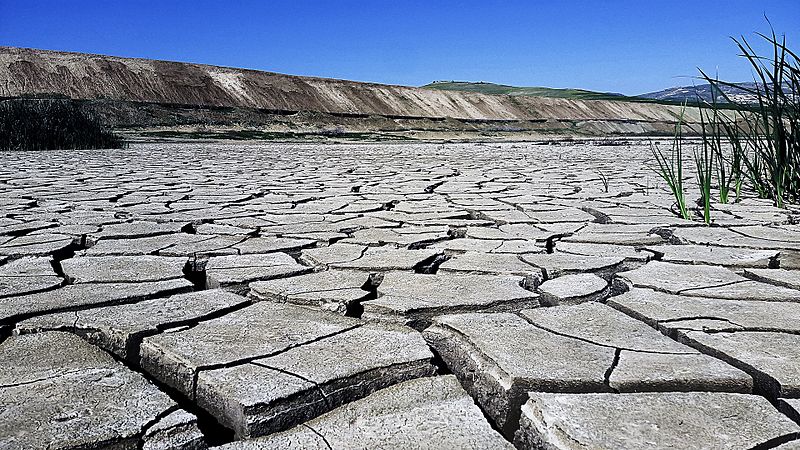How an unexpected Twitter tiff with the renowned climate scientist Michael Mann helped me rethink climate activism.
When I tweeted my reply, I had no idea that I would be on the receiving end of friendly fire. I was scrolling through my feed, looking for thought-provoking news and commentary (because that’s the only reason we’re on Twitter, right?), and I spotted a tweet by Swiss Professor of Global Ecosystem Ecology, Anaïs Tilquin, about the so-called “Deep Adaptation” (DA) movement. Dr. Tilquin had replied to a British scholar of climate change activism, who had questioned DA’s “doomist” tendencies. You might call me a DA sympathizer (more on this later), so I felt compelled to weigh in.
After that, I kept scrolling, thinking no more about it because, frankly, given my follower count and Twitter’s algorithms, I had every reason to assume that my tweet would quickly dissolve into Twittersphere vapor.
Wow, was I wrong.
What is Deep Adaptation?
Before I describe what happened next, I should give you some background details in case you’ve never heard of DA or seen any of the skirmishes going on nowadays within the international climate change activism community. I’ll assume you already recognize that we’re in a climate crisis and that there is a growing number of people — yourself included? — who want to do something about it. Deep Adaptation is a term coined a few years ago by University of Cumbria Professor of Sustainability Leadership, Jem Bendell. He introduced it in a self-published paper gone viral (downloaded over 600,000 times by November 2019) which claims that (1) societal collapse in some form is inevitable because of climate change and (2) rather than denying this reality, we should prepare for it in several important ways. In an online piece, entitled “The Love in Deep Adaptation,” Bendell and his co-author, Senior DA Facilitator Katie Carr, define DA and collapse in this way:
Deep Adaptation refers to the personal and collective changes that might help us to prepare for — and live with — a climate-induced collapse of our societies. … When using the term social or societal collapse, we are referring [to] the uneven ending to our current means of sustenance, shelter, security, pleasure, identity and meaning. Others may prefer the term societal breakdown when referring to the same process. We consider this process to be inevitable, because of our view that humanity will not be able to respond globally fast enough to protect our food supplies from chaotic weather. People who consider that societal collapse or breakdown is either possible, likely or already unfolding, also are interested in deep adaptation.
Ok, before I go on, now seems like a good time to check in. I’m both an anthropologist and a mindfulness teacher (I invite you to check out my other writing on the climate crisis), so I can’t help but ask, how did that passage land with you? Did you have a gut reaction to the authors’ words? If so, please take a moment to examine it. What thoughts and emotions got triggered? Disgust? Fear? Anger? Anxiety? Despair? Desire? Acceptance? Apathy? Whatever your reaction, it’s likely motivating how you receive the rest of what you’re reading here, your subsequent judgments about it, and what you’re going to do with it. See if you can note your reactivity without judgment. Try to cultivate a sense of curiosity about it instead and see if that can bring a bit more clarity to your experience.
If you felt a knee-jerk sense of aversion to Bendell’s perspective, then what happened to me next will definitely resonate. Not long after I tweeted my DA-friendly reply to Professor Tilquin, it triggered a response from none other than the esteemed Penn State climate scientist and noted author, Michael Mann. (If you’re not familiar with Dr. Mann and his impressive work, please check him out on Twitter.)
Read more: Deep Adaptation




